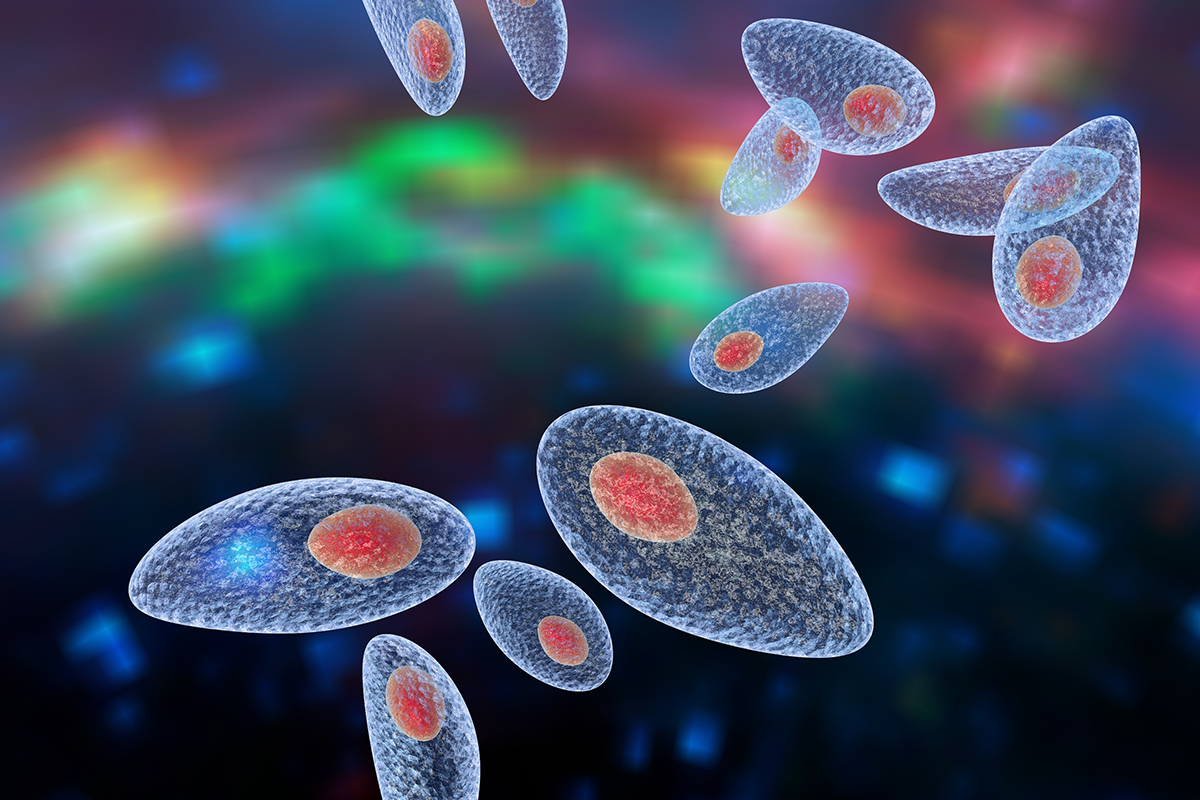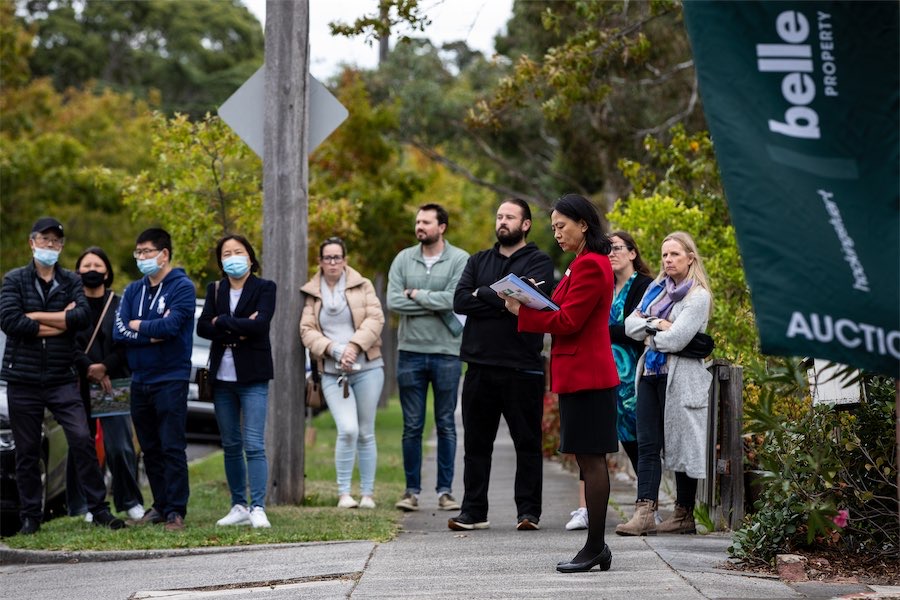
Despite being a first-world country, stomach problems are quite common in Australia. For example, roughly 30 per cent of Australians experience Irritable Bowel Syndrome, says Prof SHOKOOFEH SHAMSI.
IN a developed country like Australia, it is not uncommon to think that intestinal parasites are not present.
This is because people subconsciously associate parasites with developing countries, poverty, and poor socio-economic backgrounds, not with modern, developed countries.
The perception of being parasite-free may come from the strict biosecurity controls at our borders, but the truth is that everywhere on earth houses parasites and Australia is no exception.
Studies conducted by my parasitology team at Charles Sturt University show that parasites still bypass Australia’s strict biosecurity borders and make their way into our food supply chain.
Parasitic infections are commonly misdiagnosed in Australia due to a number of factors, such as the emergence of new parasites, the shortage of properly trained parasitologists in the country, and inadequate coverage of the topic in the curriculum in medical schools.
Some parasites are quite small, and many are inside their hosts – animal or human. These factors make them difficult to see. They are also common in the food we eat. Australians love barbecues and multicultural cuisines, and the risk is high if food is consumed undercooked or raw.
One example of a parasite commonly found in food is Toxoplasma gondii. We can easily become infected by this parasite by consuming undercooked or raw meat that often houses it, or contaminated vegetables, or simply from unwashed hands.
This parasite is ranked by the World Health Organisation (WHO) as the fourth most potentially harmful parasite globally.
Many people, including some medical doctors, often link parasite infections with an upset digestive system.
While this is a very common symptom of parasitic infections, this is just the tip of the iceberg when it comes to the many other symptoms parasites can cause, some of which are much more severe.
For example, for a Toxoplasma infection, the person might experience a stroke, congenital illness causing disability and blindness or even death.
Alarmingly, Australia’s estimated national prevalence of Toxoplasma in red meat could be as high as 61 per cent. This is not a statistic many families would consider when they’re sitting down for their meat and three-vegetable meal at the dinner table.
A national baseline seroprevalence report by Meat and Livestock Australia estimated 16 to 32 per cent of Australian lamb and sheep are carrying the Toxoplasma parasite. About 30 to 40 per cent of Australians are serologically positive, meaning at some point they have been infected with the parasite.
Unfortunately, however, in Australia it is difficult to assess the risk of Australian lamb and other animals as a potential infection source for humans as there have been no holistic studies on Toxoplasma contamination for many years.
Ways to avoid infection
Adequate cooking and freezing are simple measures to ensure food safety against parasites. For Toxoplasma, refrigeration at one to four degrees centigrade for up to three weeks has been recommended.
However, the cyst form of the parasite may survive minus one to minus eight degrees centigrade for more than a week. Cooking for several minutes at 67C ensures the cyst is no longer viable.
The temperature and the duration needed to kill the parasite may vary and depend on the parasite type, the size of the meat and the animal species.
Unfortunately, Australia does not have enough scientists, nor does it invest enough in research on the parasites of humans, wildlife and aquatic animals, including edible species, and this can have significant public health and environmental consequences.
In Australia, it is vital that we take the available information and harness it to affect practical management measures in our rapidly changing world.
Until then, washing hands and properly cooking food can keep you, to a large extent, safe.
Shokoofeh Shamsi is a professor in veterinary parasitology at the Charles Sturt University’s School of Agricultural, Environmental and Veterinary Sciences.
Who can be trusted?
In a world of spin and confusion, there’s never been a more important time to support independent journalism in Canberra.
If you trust our work online and want to enforce the power of independent voices, I invite you to make a small contribution.
Every dollar of support is invested back into our journalism to help keep citynews.com.au strong and free.
Thank you,
Ian Meikle, editor





Leave a Reply